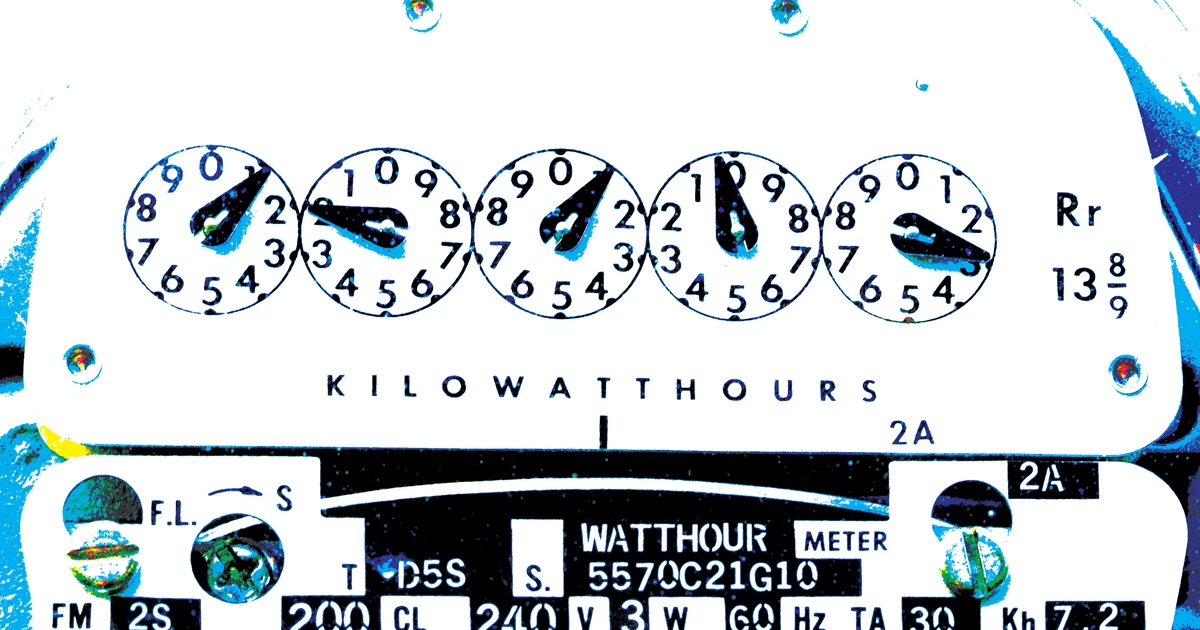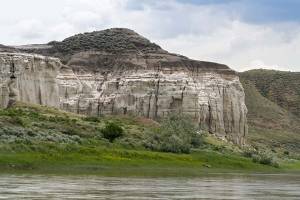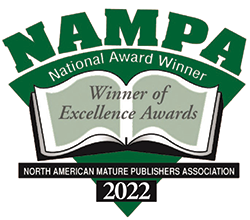In September of 2018, NorthWestern Energy filed a request with the Montana Public Service Commission (PSC) to raise rates for the first time since 2009. According to a NorthWestern Energy press release, rates would go up about 7.4 percent for residential customers. Roughly 80 percent of NorthWestern’s customers are residential users, and the proposed rates would mean an “average monthly bill increase of $6.37 per month.”
Impact on Seniors
According to 2010 U.S. Census data, almost 40 percent of Montanans are over 50, a figure projected to increase. As Larry Swanson wrote in a 2012 study for the Montana Policy Review, “from 2010 to 2030, Montana’s population will grow by just over 180,000 people—with growth among those 65 and older accounting for nearly 70 percent of the population increase.”
It isn’t hard to see that any utility rate hikes will affect seniors significantly.
Most seniors, and, for that matter, most Montanans in general, remain unaware the PSC sets utility rates, and the proceedings are open to public scrutiny.
Because NorthWestern Energy is a monopoly in Montana (unless you are part of a rural cooperative, the only place you can purchase electricity is from NorthWestern), the PSC’s role in setting rates was put in place to protect consumers.
According to their website, the PSC “strives to ensure that ratepayers have continued access to utility services that are affordable, reliable, and sustainable for the long-term.” The site elaborates, “the PSC regulates the rates and service quality for investor-owned electric, natural gas, water, waste-water, and legacy telecommunication companies,” precisely because “companies in these industries all have one thing in common: they are monopolies with a captive set of customers.”
In the absence of the PSC, Montana consumers would very likely pay much higher rates for those utilities. At the same time, the PSC can’t set rates too low, or the privately held utilities would not remain profitable.
In sum, “It’s the PSC’s job to balance the interests of ratepayers who are concerned about utility rate increases, with the need to maintain a financially sound utility that is capable of providing reliable service.”
In theory as well as practice, the PSC has a fine line to negotiate: “By law, the PSC must allow only those profits that are just and reasonable,” states the website, and “the PSC must allow utilities an opportunity to earn just enough profit so that utility owners will have the incentive to provide adequate service to customers. No more, no less.”
Protecting Public Interest
The PSC makes clear their role is “public interest protection.” Accordingly, NorthWestern announcing a desire to raise rates results in an almost year-long process in which the company must make the case for why the rate increase is justified.
The proceedings and records of the case are publicly available as a “Docket,” and the current case is available at the PSC website as Docket D2018.2.12. Anyone interested in following the case may sign up for regular emails keeping the public abreast of filings. The sign-up link is available at the top of the PSC home page (psc.mt.gov).
Visit the PSC website to submit comments regarding NorthWestern Energy’s proposal, or to get more info on the public hearing scheduled for May 13-24.
A Long Time Coming
While no one likes to see rates go up, NorthWestern Energy has not seen a PSC rate increase since 2009.
As corporations go, the utility has a favorable rating from Zacks Equity, which noted in an October 2018 report that NorthWestern’s Montana rates are lower than the national average for electricity, and—more important from a global-warming perspective—the company generates 60 percent of its Montana power from “non-carbon” sources.
NorthWestern representatives readily tout their “diverse portfolio of electric generation,” as Bob Rowe puts it in the 2018 press release. “We are asking for these rate changes to help us continue to position NorthWestern to provide the services and reliability that our customers expect.”
Seniors Needing Assistance with Bills
In the meantime, seniors should know that if they have difficulty paying for heat or light, Energy Share of Montana, a privately funded non-profit, works in conjunction with Montana’s Human Resource Development Councils (HRDC) to help pay bills. They also work in conjunction with a federal program, Low Income Energy Assistance Program (LIEAP).
Rachel Haberman, director at Energy Share, emphasized while many seniors could use assistance with paying for heat in the winter, they often avoid seeking help.
“Sometimes they feel a stigma attached to applying, but we can set up a plan where if they feel obligated, they can repay the funds, $5 or $10 at a time. If they choose to do so, that money goes directly back into the pool of funds to help other people in need of assistance.”
If you or someone you know needs help with paying their heating bills in the winter, please call the toll-free number for Energy Share (1-888-779-7589) or visit their website (www.energysharemt.com). MSN











